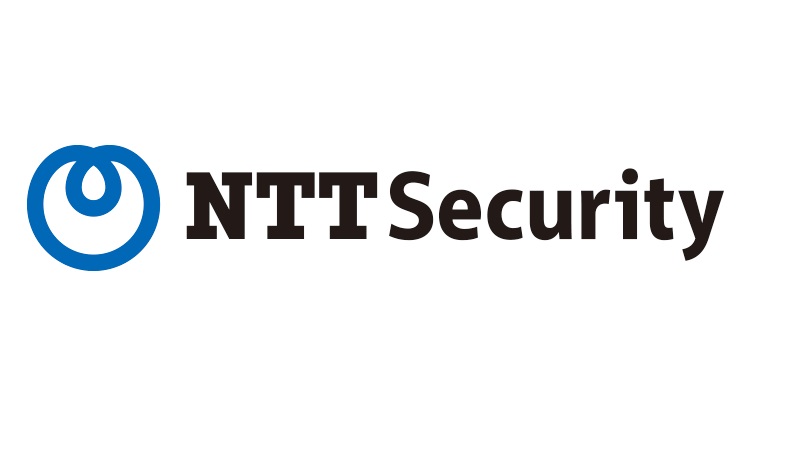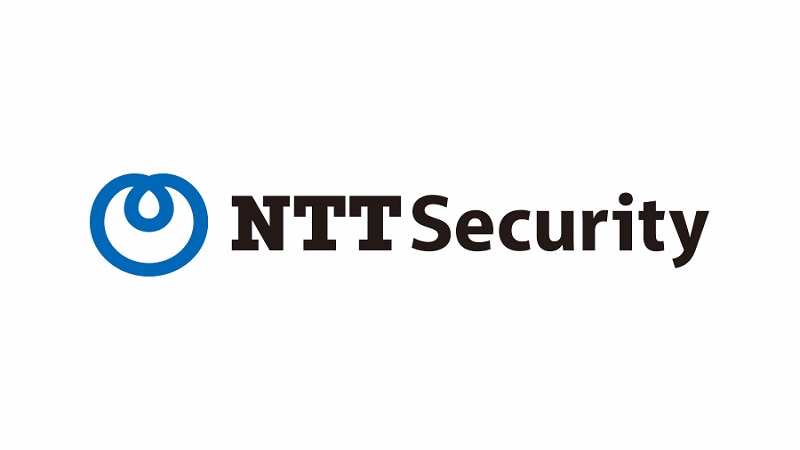Online retailers must be transparent after a data breach, says NTT Security…

Online shoppers in the UK are demanding retailers to be honest and transparent on whether they have suffered a security breach, a survey commissioned by NTT Security has revealed. When asked what retailers could do to help build consumer trust whilst online shopping, 80 per cent of the 500 survey respondents said they expect more […]
Industry Spotlight: How can we address the cyber security skills shortage?

Various industry research studies suggest that many businesses of all sizes are ill-equipped to address cyber security threats, leaving them vulnerable to hackers. According to NTT Security’s Risk:Value 2016 report, while most decision makers admit they will be breached at some point, just half agree information security is ‘good practice’. This raises the question as to […]

